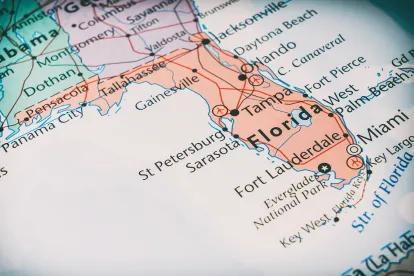The United States Department of Justice settled a False Claims Act Medicaid fraud case against a Florida hospital system. Four Florida hospitals paid $20 million to resolve allegations that they made donations to a county juvenile wellness board to improperly fund the state’s share of Medicaid payments to the hospital system. A whistleblower reported this misconduct. A former hospital reimbursement manager blew the whistle and will receive $5 million of the settlement.
According to the allegations, BayCare hospitals essentially laundered money through the state Medicaid program. Over a period of two years, the hospital system made cash donations to the Juvenile Welfare Board of Pinellas County (JWB). The JWB then “transfer[red] a portion of the cash donations to the State of Florida’s Agency for Health Care Administration for Florida’s Medicaid Program.” As Medicaid is both federally and state-funded, federal Medicaid “matched” those donated funds, which were then “returned to the BayCare hospitals as Medicaid payments.” The hospital system not only received back its original donation but also made money in the form of matched federal Medicaid funds.
Medicaid is jointly funded by federal and state tax dollars. The federal portion of Medicaid funding is called the federal medical assistance percentages (FMAP) and varies by state, based on average per capita income and other economic and demographic factors. States must finance 40 percent of their Medicaid expenses, from the state’s general funds and provider taxes and fees. Medicaid is the government health insurance program for low-income adults and individuals with disabilities and as such tends to expand during periods of economic hardship.
The main issues in the allegations are that private providers are federally prohibited from funding state Medicaid programs through “non-bona fide donations,” and the federal match makes federal Medicaid spending increase “without any corresponding increase in state expenditures.” As the Principal Deputy Assistant Attorney General said about this case, “When private parties make unlawful, non-bona fide donations to state or local governments, they undermine a key safeguard for ensuring the integrity of the Medicaid program.” Fraudulent manipulation of the Medicaid program financing constitutes profiteering from poor and vulnerable members of society, not to mention abusing taxpayer funds from both state and federal governments. The Department of Justice needs more whistleblowers, like the hospital reimbursement manager in this case, to report fraud, waste, and abuse at the state Medicaid level.





 />i
/>i

